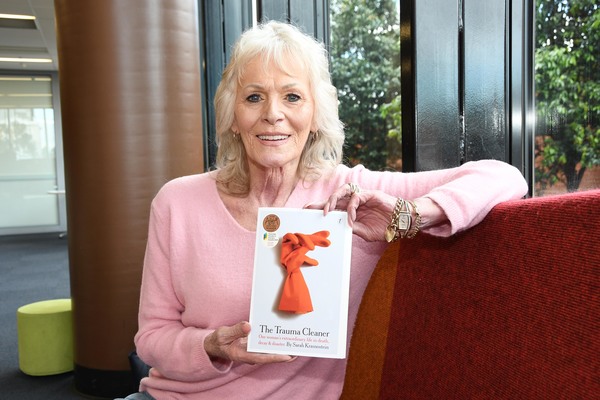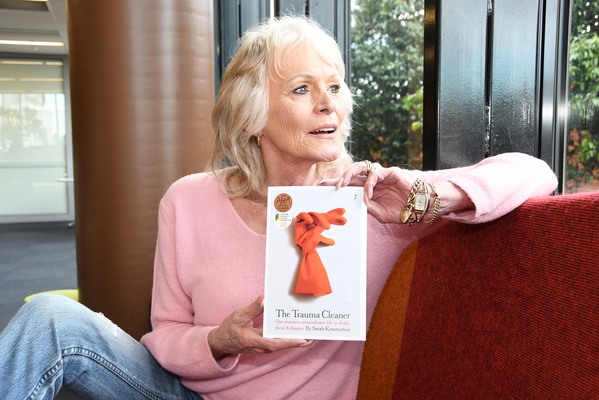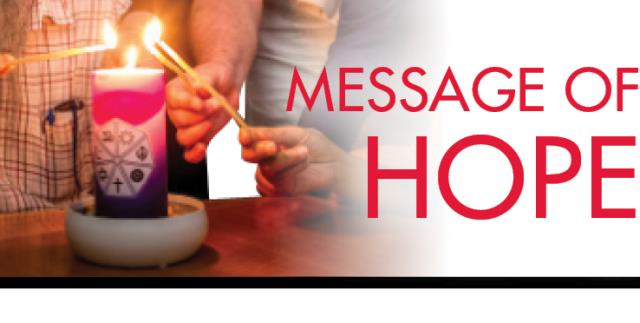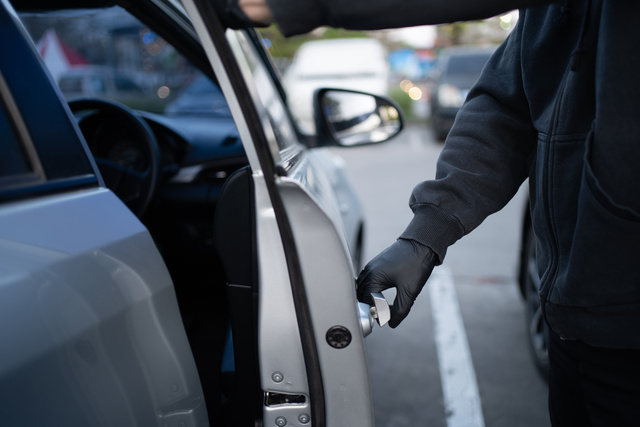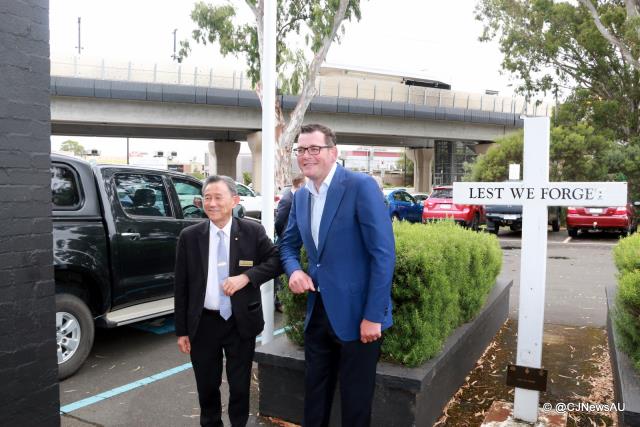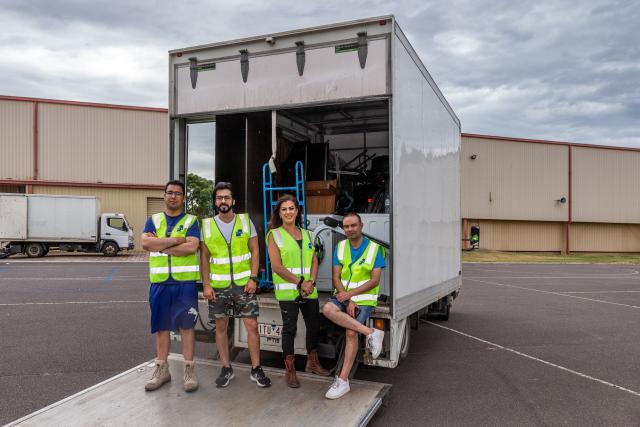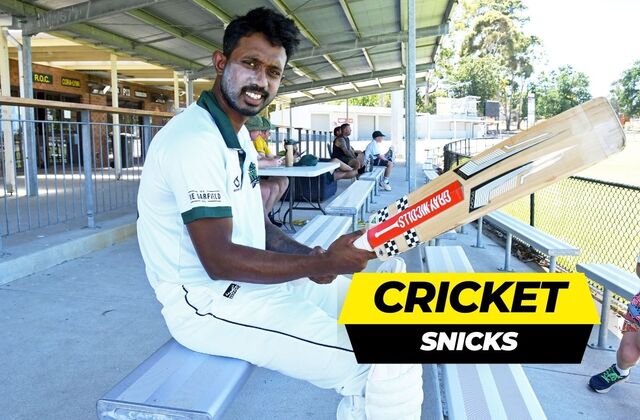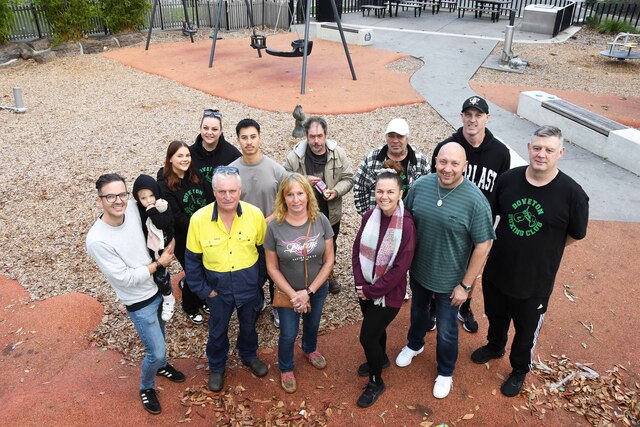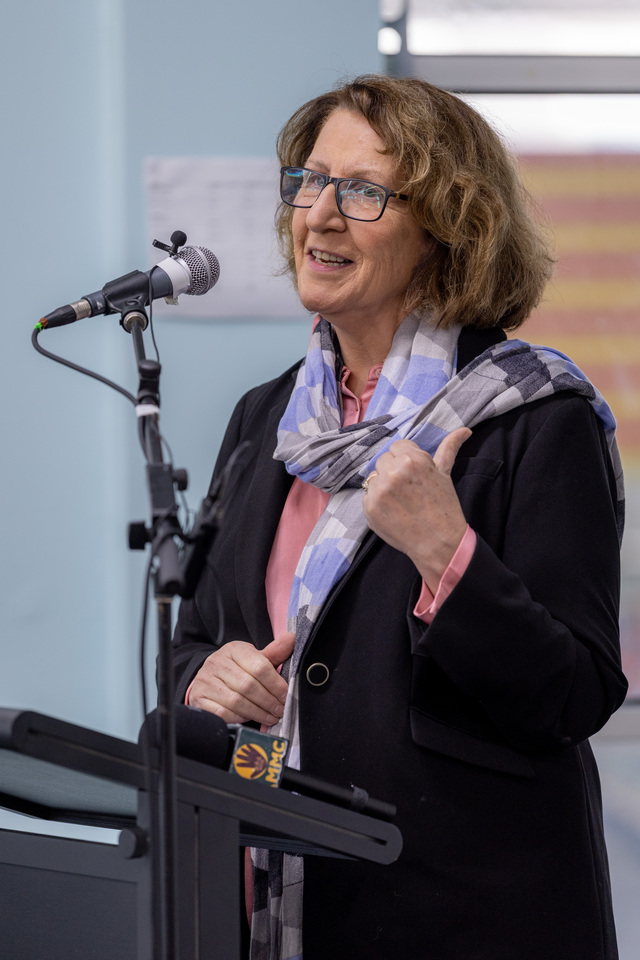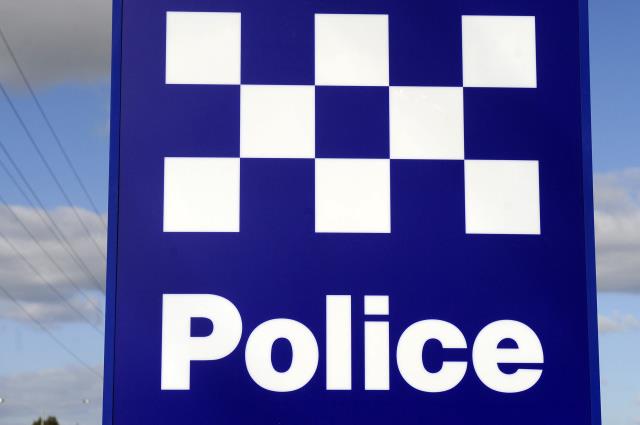Rising above adversity after adversity, trauma cleaner Sandra Pankhurst is well qualified to talk on the human experience.
Set to speak at Dandenong on 18 August, Sandra says she’s open to any question on her extraordinary life captured in the award-winning book The Trauma Cleaner.
“People say to me ‘f*** I thought my life was bad, how do you do it?’
“Well, it’s being strong and looking at the positive side of life.”
It was cathartic to bare her life in her biography by Sarah Krasnostein – and then unexpectedly for universal praise to flow her way, she says.
The narrative follows her abused childhood, and her escape from her foster family as a teen.
She made the heavy call to become a gender reassignment patient and walk out as a husband and a father.
As a sex worker, she’d been raped and nearly killed. On reflection, it was the “best thing”, jolting her out of prostitution, she says.
She found good often followed from bad things, and it was necessary to go with the flow.
Her long list of vocations has jumped from funeral director to a proprietor whose thriving hardware store was killed by Bunnings to the chief executive of a trauma cleaning business.
“We do the jobs that no one else will do,” she says of her work which includes cleaning the most gruesome of murder scenes, sewerage spills, blood and vomit.
Places where the “mice and rats are jumping out”.
It was at first a “culture shock” for the self-confessed neat-freak dubbed ‘Miss Sparkle’.
She’s paid a price for her work, the strong cleaning chemicals having ravaged her lungs.
Still with labored breath, Sandra says she soldiers on, powered by her ‘glass-half-full’ mentality.
“If you use your mind as a tool of engagement you can change anything in life.”
Having lived through so much, Sandra says she doesn’t judge her clients.
There needs to be more compassion, with better training in aged care and mental health, for example.
“We need to educate people on how to communicate on a human level, not a therapy level.
“To be so badly treated as a child, all I wanted was for people not to feel how I felt, to feel like they belong or feel part of something.
“All a human wants to be is to be part of something and wants to be loved.”
The Trauma Cleaner: In Conversation with Sandra Pankhurst is at Drum Theatre, Dandenong on Sunday 18 August, 3pm-4pm; $10.
Bookings essential at drumtheatre.com.au or 8571 1666.

